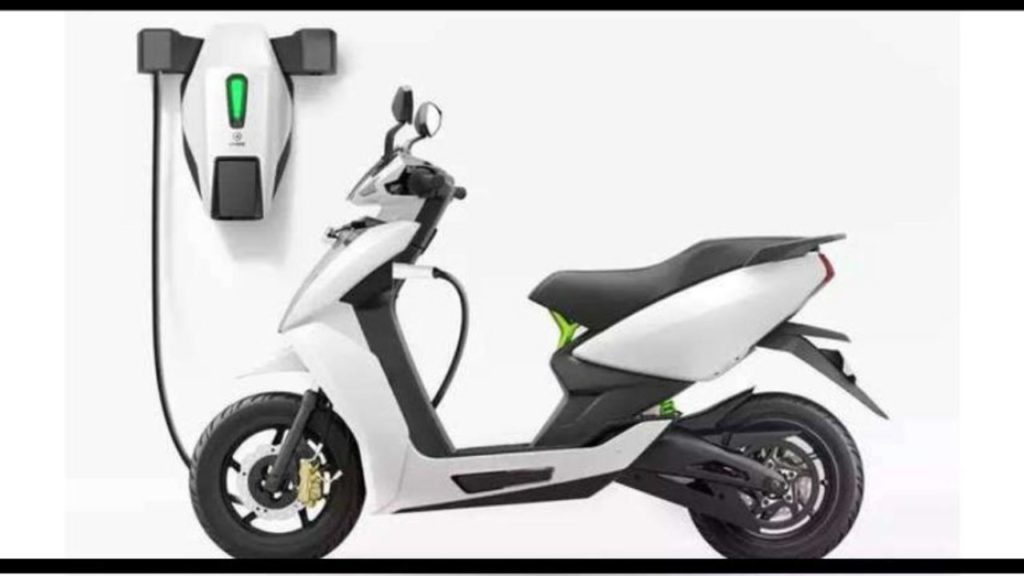Reliance, Ola Electric Will Manufacture Batteries In India Under PLI Scheme! How Will This Work Out?

Government announced that three selected bidders have signed agreements under the Rs 18,100 crore production linked incentive (PLI) scheme for advanced chemistry cell battery storage.
Production Linked Incentive Scheme for Advanced Chemistry Cell Battery Storage
As per this development, these private companies are expected to create a battery manufacturing capacity of 95 GWh with the capacities allocated under the PLI programme by the Heavy Industry Ministry.
Reliance New Energy, Ola Electric Mobility and Rajesh Exports are the three selected bidders who have signed the programme agreement under Production Linked Incentive Scheme for Advanced Chemistry Cell Battery Storage here on 28th July 2022, according to the Heavy Industry Ministry.
This embarks a new chapter in India’s manufacturing industry as we set the vision for battery manufacturing and compete globally with other nations in this sunrise sector, siad Mahendra Nath Pandey, Minister for Heavy Industries.
How Did This Happen?
Government has received a total of 10 bids from companies with a manufacturing capacity of 128 GWh under the PLI Scheme of ACC Battery Storage.
Further, the manufacturing facility would have to be set up within a period of two years, as part of the ACC PLI programme.
As per the plan, the incentive will be disbursed over a period of five years on sale of batteries manufactured in India.
Presently, the center has approved the Production Linked Incentive Scheme ‘National Programme on Advanced Chemistry Cell Battery Storage’ for achieving manufacturing capacity of 50 GigaWatt Hour (GWh) of ACC.
Enhancing Manufacturing Capabilities
This move will be enhancing India’s manufacturing capabilities with a budgetary outlay of Rs 18,100 crore.
Here Ola Electric is currently manufacturing electric scooters, and is also aiming to introduce its first electric car soon.
The firm is already on a hunt to find partners to set up a new facility where it will develop EV batteries as well as work on the electric car.
Further, Mahendra Nath Pandey said, “This will be favorable to the EV ecosystem and energy storage market as it will support the demand for EVs and renewable and attract investment in this sector.”

Comments are closed, but trackbacks and pingbacks are open.